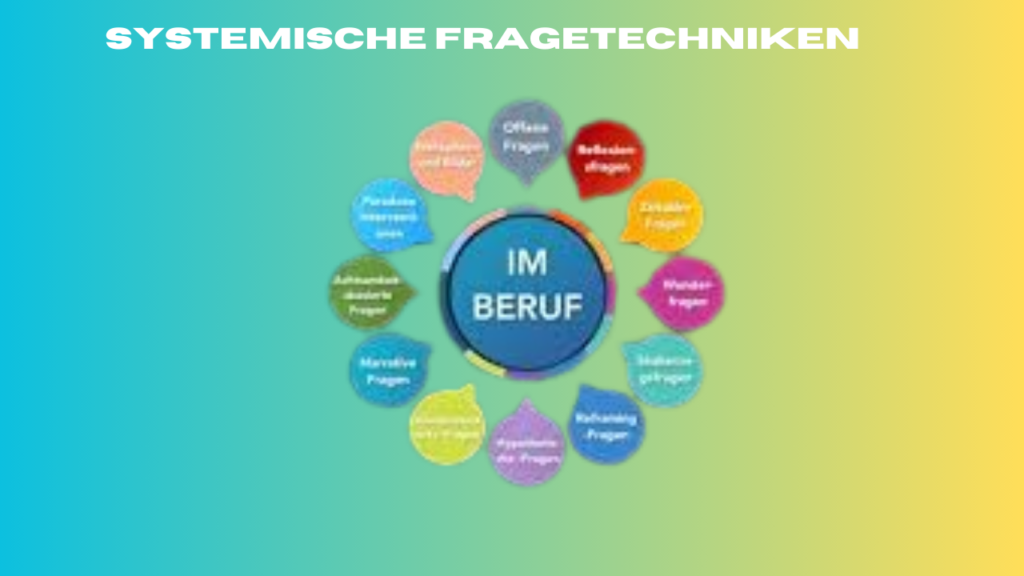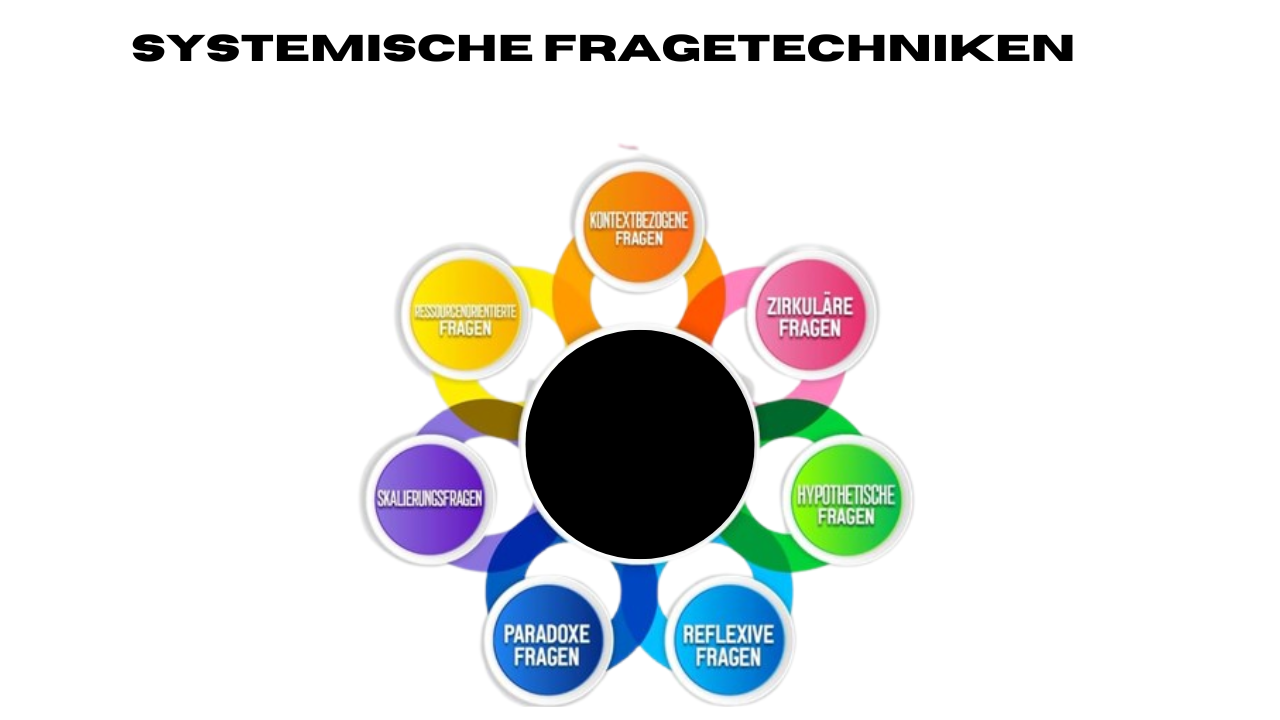Systemic questioning, or systemische Fragetechniken, represents a profound methodology in therapy, coaching, and personal development. These techniques provide a structured way to explore problems, uncover hidden dynamics, and foster personal growth. By using these questions, individuals and groups can achieve meaningful self-reflection, innovative problem-solving, and a deeper understanding of the systems that influence their lives. This article delves into the key aspects of systemische Fragetechniken, its benefits, and how it can transform perspectives.
What Are Systemische Fragetechniken?
Systemische Fragetechniken is questioning methods rooted in systemic theory, which views individuals as interconnected parts of broader systems, such as families, workplaces, or communities. These questions are designed to:
- Illuminate relationships and dynamics within a system.
- Encourage new perspectives.
- Activate personal and systemic resources.
By focusing on the interplay between individuals and their environments, these techniques move beyond surface-level issues to uncover deeper insights.

Key Techniques of Systemische Fragetechniken
Understanding the core methods of systemische Fragetechniken is essential for applying them effectively. Below are some of the most impactful techniques:
- Zirkuläre Fragen (Circular Questions)
Circular questions invite individuals to view situations from another person’s perspective. These questions are powerful in highlighting relational dynamics and fostering empathy. For example:
- “How do you think your colleague perceives this issue?”
- “What might your partner say if they were in your position?”
These questions encourage exploration of how one’s actions impact others within the system, promoting greater relational understanding.
- Skalierungsfragen (Scaling Questions)
Scaling questions assess progress, clarify goals, or measure satisfaction. By asking individuals to rate their experience numerically, it becomes easier to visualize improvement and set actionable objectives. Examples include:
- “On a scale of 1 to 10, how confident are you in resolving this issue?”
- “Where would you like to be on this scale in three months?”
- Hypothetische Fragen (Hypothetical Questions)
These questions stimulate creative thinking by inviting individuals to consider alternative scenarios. Hypothetical questions help unlock possibilities that may not have been previously considered. For instance:
- “What would you do differently if you had unlimited resources?”
- “If you could change one thing about this situation, what would it be?”
- Wunderfrage (Miracle Question)
A hallmark of systemic coaching, the miracle question helps individuals envision a future where their problem is resolved. For example:
- “If you woke up tomorrow and your issue was magically solved, what would be the first thing you notice?”
This technique shifts focus from problems to solutions, empowering individuals to imagine and work toward their ideal outcomes.
- Ressourcenaktivierung (Resource Activation)
Resource activation questions focus on uncovering strengths, talents, and past successes. This technique helps individuals draw upon their inner and external resources. Examples include:
- “What strategies have worked for you in similar situations?”
- “Who in your life could support you right now?”
Benefits of Systemische Fragetechniken
Systemische Fragetechniken offers numerous advantages for individuals, teams, and organizations. These benefits include:
- Empowerment
These techniques empower individuals to take charge of their challenges and solutions by encouraging self-reflection and personal agency. Instead of relying on external advice, they cultivate their own pathways to success.
- Fresh Perspectives
Systemic questions help individuals step outside their usual thought patterns. By exploring alternative viewpoints, they gain fresh insights into their situations.
- Enhanced Problem-Solving Skills
Practicing systemische Fragetechniken develops critical thinking and problem-solving abilities, which are invaluable in both personal and professional contexts.
- Increased Self-Awareness
Through these questioning techniques, individuals become more attuned to their feelings, behaviors, and thought processes. This heightened self-awareness fosters growth and resilience.
- Strengthened Relationships
By focusing on relational dynamics, systemic questions improve communication and understanding among members of a group or system.
How to Use Systemische Fragetechniken Effectively
For these techniques to be truly impactful, they should be applied thoughtfully. Below are some best practices:
- Foster a Safe Environment
Effective questioning requires trust and openness. Creating a non-judgmental space encourages honest responses and deeper exploration.
- Listen Actively
The success of systemische Fragetechniken depends on active listening. Pay close attention to responses and ask follow-up questions to dig deeper.
- Adapt Questions to the Context
Only some questions are suitable for some situations. Tailor your approach to the individual’s needs and the system they are part of.
- Be Patient
Systemic questioning is a process. Allow time for thoughtful responses, and don’t rush the individual’s journey of discovery.
Applications of Systemische Fragetechniken
The versatility of systemische Fragetechniken makes them valuable in a wide range of contexts, including:
- Therapy and Counseling
In therapeutic settings, these techniques help clients explore their feelings, relationships, and challenges in depth. They foster insight and promote healing.
- Coaching and Leadership Development
Systemic questions are invaluable for coaching individuals and teams. They help clarify goals, resolve conflicts, and enhance performance.
- Team Building
By addressing group dynamics, systemic questioning strengthens collaboration and understanding among team members.
- Personal Development
Individuals seeking self-improvement can use Systemische Fragetechniken for introspection, goal-setting, and growth.
Also read: Understanding Error Codes FintechAsia

Climax
Systemische Fragetechniken offers a transformative approach to understanding and addressing complex challenges. By leveraging the power of systemic questions, individuals and groups can gain fresh perspectives, activate resources, and achieve meaningful progress. Whether in therapy, coaching, or everyday life, these techniques empower individuals to navigate their worlds more clearly and confidently. Harnessing the potential of systemic questioning can unlock new possibilities and pave the way for lasting change.


















































